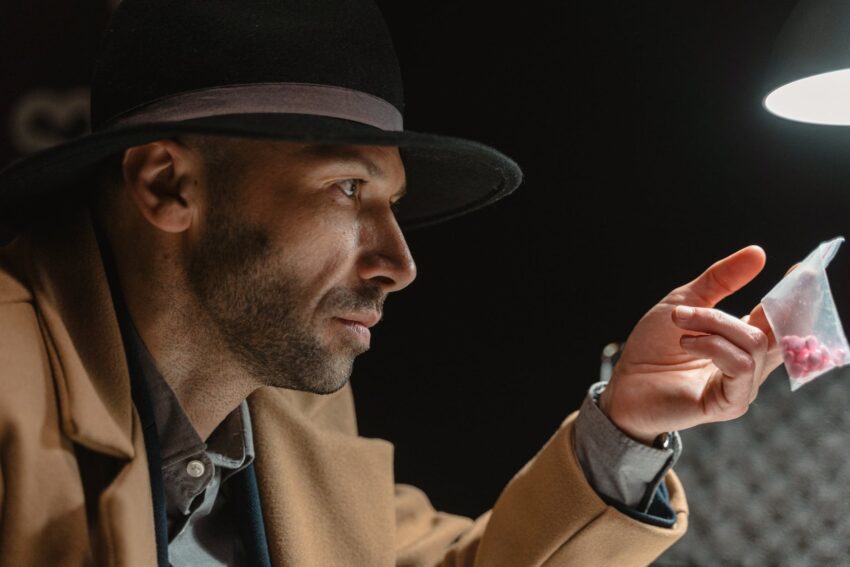In recent years, there has been a growing interest in the use of psychedelic substances for addiction treatment. Researchers and therapists alike are exploring the potential benefits of substances like ayahuasca, ibogaine, and dimethyltryptamine (DMH) in helping individuals struggling with substance abuse. Studies indicate that these substances, when used in a controlled therapeutic setting, may provide a valuable alternative to traditional addiction treatment methods.
Ayahuasca, a hallucinogenic brew traditionally used in Amazonian shamanistic rituals, has been the subject of considerable research in recent years. This powerful plant medicine contains dimethyltryptamine (DMH), a psychedelic compound that has been linked to profound psychological and emotional experiences. Many who have undergone ayahuasca journeys report lasting and transformative insights that help them overcome substance abuse.
A recent study on the use of ayahuasca for addiction treatment found that participants who underwent ayahuasca-assisted therapy experienced significant improvements in their mental health and reductions in substance use. Researchers concluded that the profound insights gained during the ayahuasca experience helped participants confront the underlying causes of their addiction and develop healthier coping mechanisms. You can read more about this study by clicking here.
Ibogaine, another powerful hallucinogen, has also shown promise as a treatment for addiction. Derived from the African shrub Tabernanthe iboga, ibogaine has been used in traditional healing rituals for centuries. In recent years, researchers have discovered that this substance has unique neurochemical properties that may be beneficial for substance abuse treatment.
Studies have found that ibogaine appears to reset the brain’s neural pathways, essentially “rewiring” the brain and breaking the cycle of addiction. This can lead to decreased cravings, withdrawal symptoms, and a decreased likelihood of relapse. One study found that participants who underwent ibogaine treatment for opioid addiction experienced a significant reduction in withdrawal symptoms and cravings, with nearly 60% of participants reporting no opioid use three months after treatment. More on this study can be found by clicking here.
When provided in a controlled therapeutic setting, psychedelics like ayahuasca and ibogaine can offer a valuable alternative to traditional addiction treatment methods. By addressing the underlying causes of substance abuse and facilitating a deep psychological and emotional healing process, these powerful substances may be the key to lasting recovery.
However, it is important to note that the use of psychedelics in addiction treatment is not without risks. While they can provide profound healing experiences for some, others may experience negative side effects or challenging psychological experiences. For this reason, it is crucial that individuals seeking psychedelic-assisted therapy work with trained professionals who can provide appropriate support and guidance throughout the process.
One significant hurdle to the widespread use of psychedelics in addiction treatment is the legal status of these substances. Ayahuasca, ibogaine, and DMH are all classified as Schedule I controlled substances in the United States, making their use in addiction treatment legally complicated. However, some countries, like Costa Rica, have established legal ayahuasca retreats, and Mexico and other countries allow for the legal use of ibogaine.
In conclusion, the potential of psychedelics in treating addiction is an exciting and growing area of research that may pave the way for more effective substance abuse treatments. As our understanding of these powerful substances continues to grow, it is essential that researchers, clinicians, and policymakers work together to develop safe and effective protocols for their use in a therapeutic setting.
It is time for a new approach to addiction treatment, one that acknowledges the complexity of substance abuse and addresses the underlying psychological, emotional, and spiritual factors that contribute to it. By harnessing the power of psychedelics like ayahuasca and ibogaine in a controlled and supportive environment, we may be able to offer those struggling with addiction a chance for true healing and lasting recovery.
